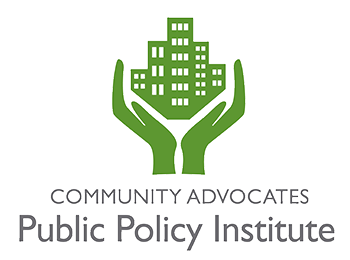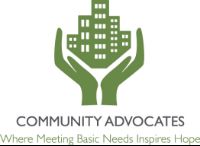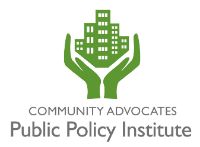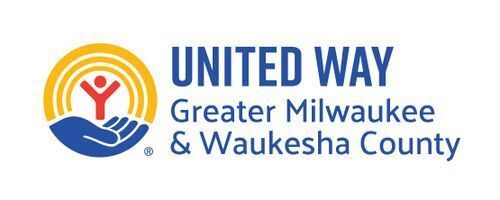
2020 brought new challenges to all of us, but our young people were affected in unique ways. Students had to make sense of a global pandemic and social unrest while also keeping up with their school work, typically at home, online, without the benefit of a teacher in a classroom and peers to help them manage it all. Sports and other extra-curriculars were canceled or scaled back, virtual learning had to be adapted to, workloads changed, stress and pressure piled up, the fear of missing out came up, and parents and teachers had their own stressors to cope with.
But adults wouldn’t quite understand the real impact of the pandemic unless they asked.
Now, the Wisconsin Institute for Public Policy and Service Research Partners and the Medical College of Wisconsin have released reports stemming from 23 focus groups they held in January and February 2021 with middle and high school students from around Wisconsin so that their experiences can be part of the conversation. They held 23 focus groups with 96 high school students and 64 middle school students. These key themes emerged:
- High and increasing stress, anxiety, and depression
- Significant challenges with the virtual learning environment
- Lack of connectedness
- Heightened expectations of teachers
- Limited awareness of mental health resources
- Barriers to getting help included stigma, skepticism, and confidentiality
- Perceived increases in substance use among peers
- New coping skills and resilience were developed
Perhaps the most interesting revelations in the reports were the voices of the students themselves. Here’s a sampling of what they had to say:
My GPA isn’t what it was. I feel like I would be doing better if I was in person. I wasn’t prepared for the increase in the rigor of my courses in a virtual environment. I’m a procrastinator. Hard to adapt to.
I feel like there's a lot of freedom with logging on to class, like if you're on the computer or like just being able to turn off your camera and like go do something else, and I feel like it's very, it's easy to do that. And I feel like a lot of students do do that, and I feel like that's why we don't pay attention, because we feel like, oh, it's recorded. We'll just see it later, or we'll find out what the assignment is later.
It’s certainly been an impact with grades. It’s been really, I’m a definitely hands-on learner, so learning over the computer is hard. I ask a ton of questions in class, and it’s always a lot more challenging to do that in a 38 virtual setting, in part because it was really weird.
Some of the positives for me, I guess, well, obviously is probably new hobbies. And I guess I feel being more independent, especially during this time, it gives you more time to focus on your homework or understand things better. Definitely that, for me, that was one of the positives. I kind of saw myself in a different state of just focusing on school a bit more and just seeing what I can do to help out.
I know that my school kind of offered counselors, and they were like just email this to talk to your counselor, but that doesn't really, I don't really feel comfortable talking to my counselor just because I don't really know her.
I personally don’t feel like my school had been prepared to deal with students having that much, you know, stress or difficulty with the classes, because like I said, they’re used to having like super smart kids come here. And so if you struggle at all, they’re kind of like, oh, how about, like you usually have to get a friend to come help you or just someone who’s good at the subject.
There is nothing different this year. Nothing to encourage us. It’s harder this year for everyone, but there should be something to help students.
During online school, I have people that I’ll have all of my classes with, and they’re high in every class. And I’m like, do you have any brain cells left?
Sometimes kids just don’t have a good home life, and school is their escape from that. And now that everyone is home all the time, you can’t get away from toxic relationships, and sometimes you think, oh, there’s nothing else to do. So, you like default to drugs and alcohol. And then it just, yeah, it causes more stress from being at home and, or it can, it can cause more stress and anxiety being at home and like no one to go to. I think it’s rising.
Click here for the reports and video presentation and slides.





